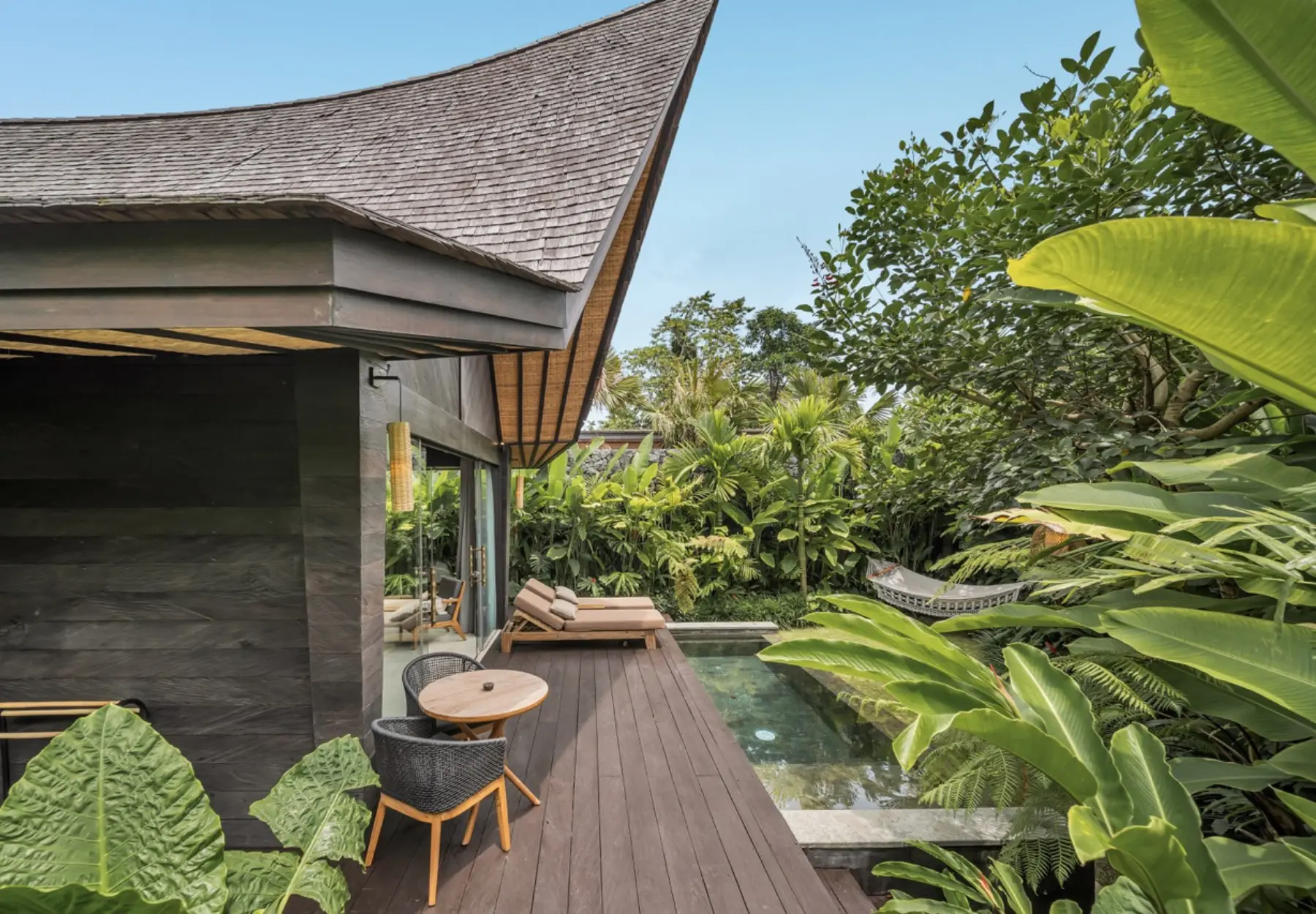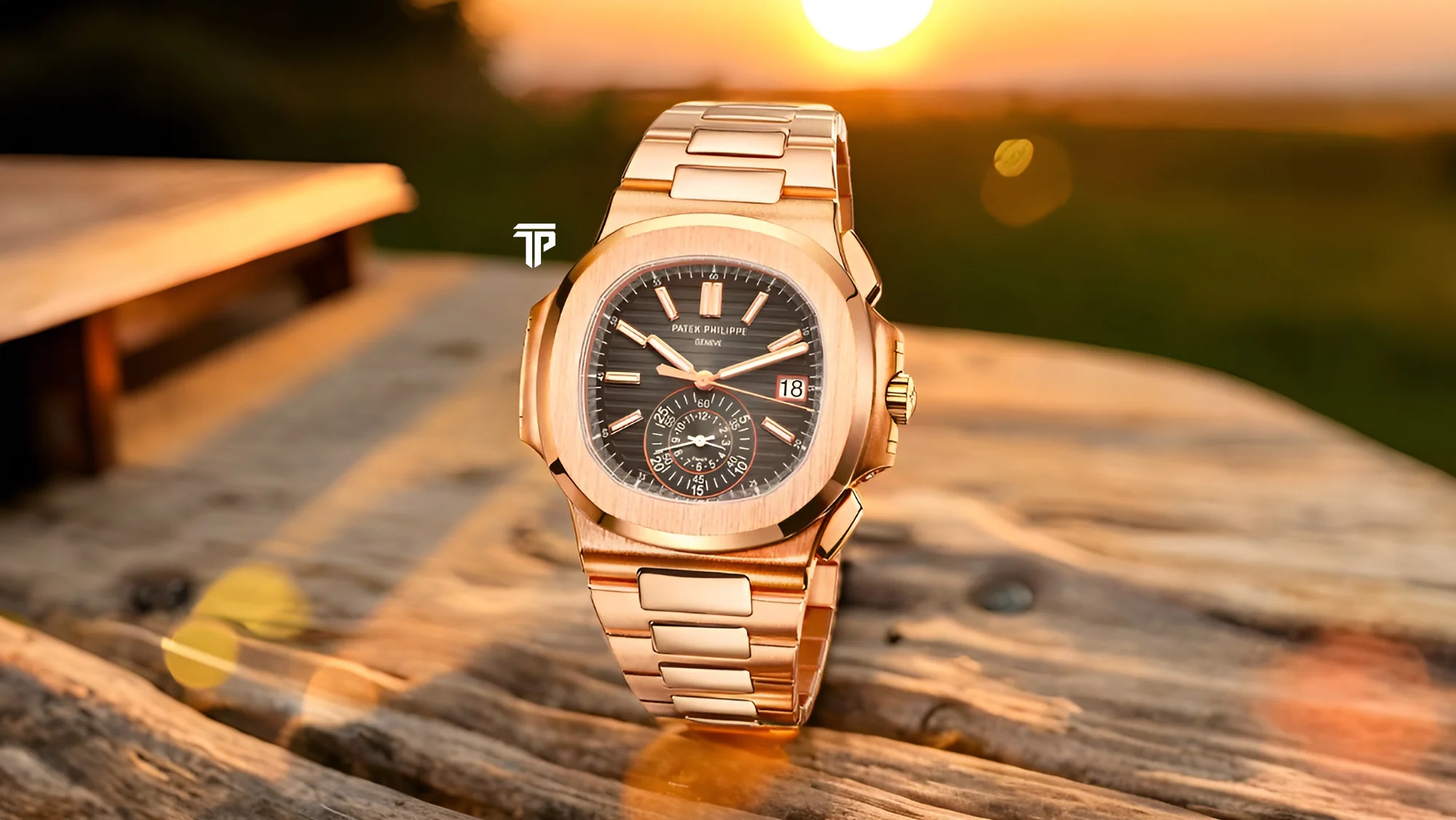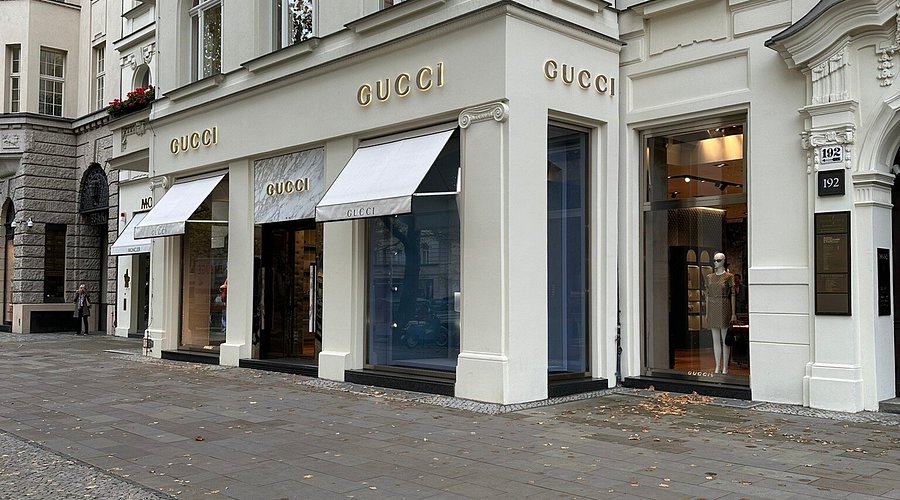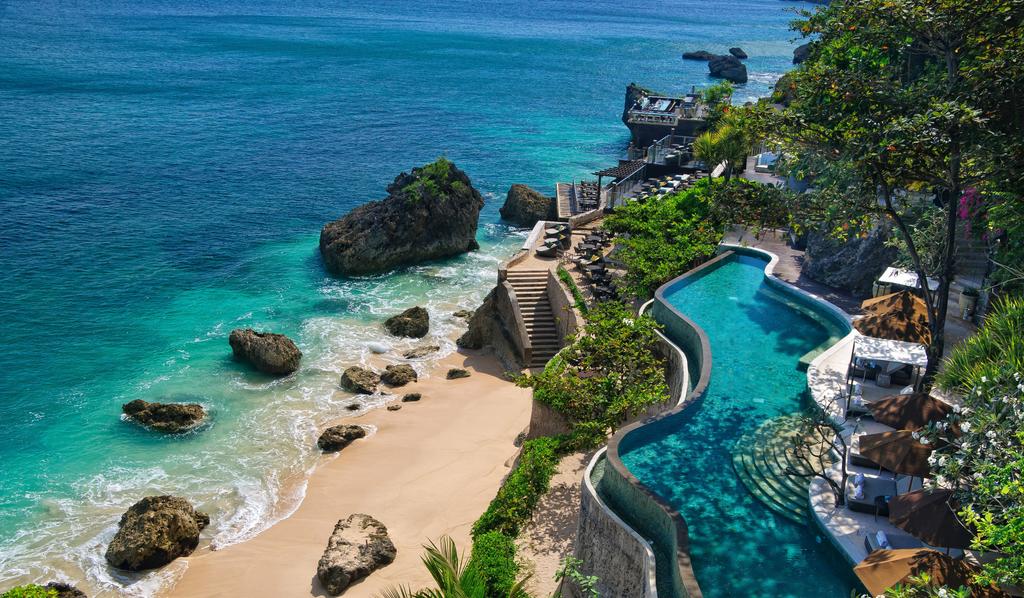Gourmet and Green
By
John Carter
Last updated:
October 21, 2025
First Published:
October 21, 2025

Photo: Ownia Collection
Luxury with a Conscience
In recent years, the ultra-wealthy have been redefining what it means to live luxuriously. The traditional markers of wealth are evolving to include ethical responsibility, environmental mindfulness, and wellness. Affluent families are increasingly prioritizing sustainability alongside indulgence, creating a new paradigm where refined living and ecological awareness coexist seamlessly.
Curated Farm-to-Table Experiences
Gourmet dining has become a central feature of sustainable luxury. Families invest in farm-to-table experiences that emphasize seasonal ingredients, organic farming, and locally sourced produce. Private chefs curate meals that reflect both culinary excellence and environmental responsibility. This approach elevates dining from a simple activity into a statement of taste and conscientious living.
Private Organic Estates
Some affluent families go a step further by cultivating organic estates. These properties are designed to produce fruits, vegetables, and herbs for personal use, combining aesthetic landscaping with practical sustainability. Private orchards, vegetable gardens, and pollinator-friendly spaces ensure that indulgence does not come at the cost of environmental impact.
Eco-Friendly Residences
Sustainability extends to architecture and design. Luxury homes now incorporate solar energy, rainwater harvesting, and energy-efficient technologies without compromising elegance. Smart home systems manage resources efficiently, blending comfort with conscientious resource management. The design philosophy balances sophistication with ecological integrity, redefining modern luxury.
Sustainable Travel and Experiences
Travel is another arena where affluent families merge indulgence with responsibility. Private eco-lodges, conservation-focused excursions, and sustainable yachting experiences are increasingly sought after. These journeys allow families to enjoy unique experiences while minimizing environmental footprints, demonstrating that exclusivity and sustainability can coexist.
Philanthropy as Lifestyle Integration
Many wealthy families integrate sustainability into philanthropic initiatives. Funding for conservation projects, renewable energy research, and environmental education is becoming a cornerstone of elite social responsibility. These contributions often go beyond public recognition, reflecting a private commitment to shaping a sustainable future.
Culinary Education and Awareness
Beyond dining, affluent families emphasize education and awareness around sustainability. Private workshops on ethical sourcing, cooking classes focused on plant-based cuisine, and wine tastings with minimal environmental impact foster a culture of responsibility. These experiences extend luxury into knowledge and personal growth.
Wellness and Mindful Living
Sustainable luxury is deeply intertwined with wellness. Meditation spaces, yoga studios, and holistic therapy rooms are designed with natural materials and energy-efficient technologies. Families view this integration of health and sustainability as essential, reflecting a lifestyle where personal well-being and environmental consciousness reinforce each other.
Cultural Shifts in Elite Circles
The shift towards sustainable luxury reflects broader cultural changes among the wealthy. Green luxury is no longer a niche trend but a marker of discernment and taste. Families are demonstrating that environmental mindfulness, ethical indulgence, and refined experiences collectively define the modern standard of opulence.
The Future of Sustainable Affluence
As technology advances and awareness grows, the trajectory of sustainable luxury will continue to expand. Innovations in green architecture, renewable energy, and sustainable culinary practices will shape the next generation of high-end living. For affluent families, the pursuit of luxury will increasingly be measured not just in possessions but in responsible, curated, and meaningful experiences.
Subscribe to unlock premium content
Sed at tellus, pharetra lacus, aenean risus non nisl ultricies commodo diam aliquet arcu enim eu leo porttitor habitasse adipiscing porttitor varius ultricies facilisis viverra lacus neque.
A comprehensive guide on Agile development

10 Productivity tools that are worth checking out

Top 7 Must have management tools for productivity

A comprehensive guide on Agile development

10 Productivity tools that are worth checking out

A comprehensive guide on Agile development









